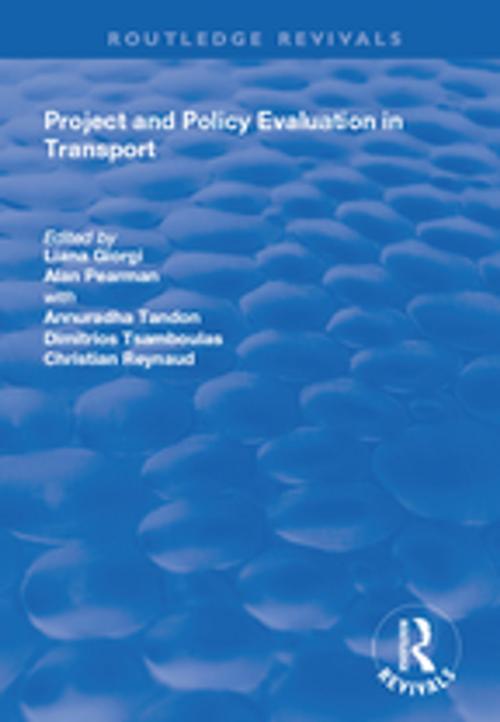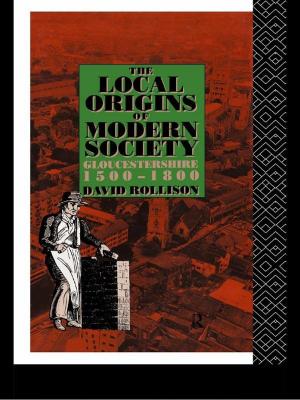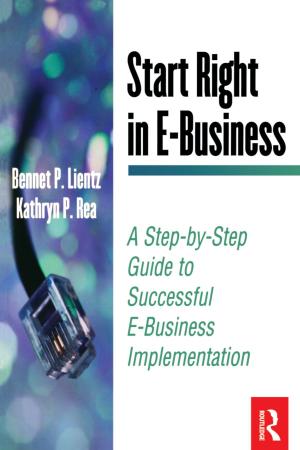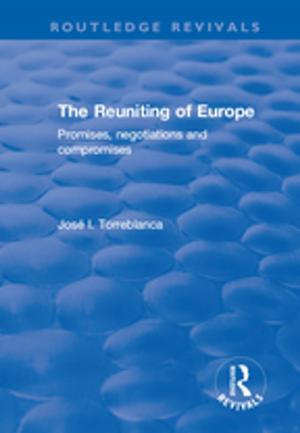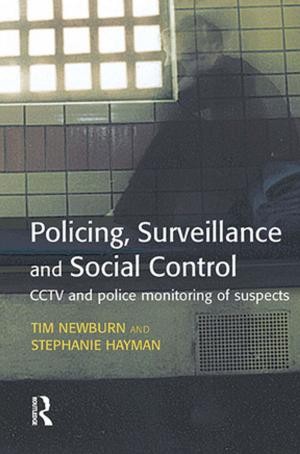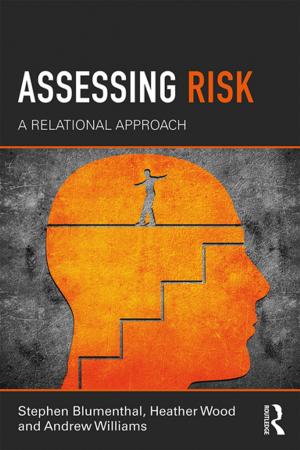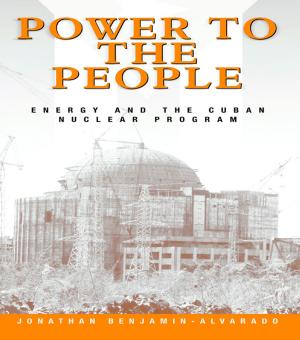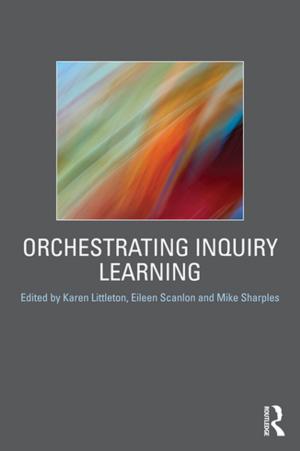Project and Policy Evaluation in Transport
Nonfiction, Science & Nature, Science, Earth Sciences, Geography| Author: | Liana Giorgi, Alan Pearman, Annuradha Tandon, Dimitrios Tsamboulas | ISBN: | 9781351748483 |
| Publisher: | Taylor and Francis | Publication: | November 22, 2017 |
| Imprint: | Routledge | Language: | English |
| Author: | Liana Giorgi, Alan Pearman, Annuradha Tandon, Dimitrios Tsamboulas |
| ISBN: | 9781351748483 |
| Publisher: | Taylor and Francis |
| Publication: | November 22, 2017 |
| Imprint: | Routledge |
| Language: | English |
This title was first published in 2002: There is a multitude of assessment methods available for analyzing and reporting on the impacts of policies, all with different underlying assumptions and a wide range of criteria. Since the 1950s, much research has gone into creating guidelines for policy analysis, yet only a small percentage of evaluation has been carried out on transport policy - and none by political scientists or social policy specialists. The editors of this volume recognize that European integration has seen a drive to bring policy evaluation on to the transport agenda and has increased demands for ’strategic assessments’. It has become apparent that to gain a fuller understanding of the success of a transport programme, a much more complex combination of analytical methods must be used, and a set of guidelines specifically for the field of transport must be developed. This book achieves this by bringing together a multidisciplinary team of analysts from throughout the EU to discuss in a much broader way the various types of assessment methods and how they can best be used to evaluate transport programmes and systems, both individually and in combination.
This title was first published in 2002: There is a multitude of assessment methods available for analyzing and reporting on the impacts of policies, all with different underlying assumptions and a wide range of criteria. Since the 1950s, much research has gone into creating guidelines for policy analysis, yet only a small percentage of evaluation has been carried out on transport policy - and none by political scientists or social policy specialists. The editors of this volume recognize that European integration has seen a drive to bring policy evaluation on to the transport agenda and has increased demands for ’strategic assessments’. It has become apparent that to gain a fuller understanding of the success of a transport programme, a much more complex combination of analytical methods must be used, and a set of guidelines specifically for the field of transport must be developed. This book achieves this by bringing together a multidisciplinary team of analysts from throughout the EU to discuss in a much broader way the various types of assessment methods and how they can best be used to evaluate transport programmes and systems, both individually and in combination.
